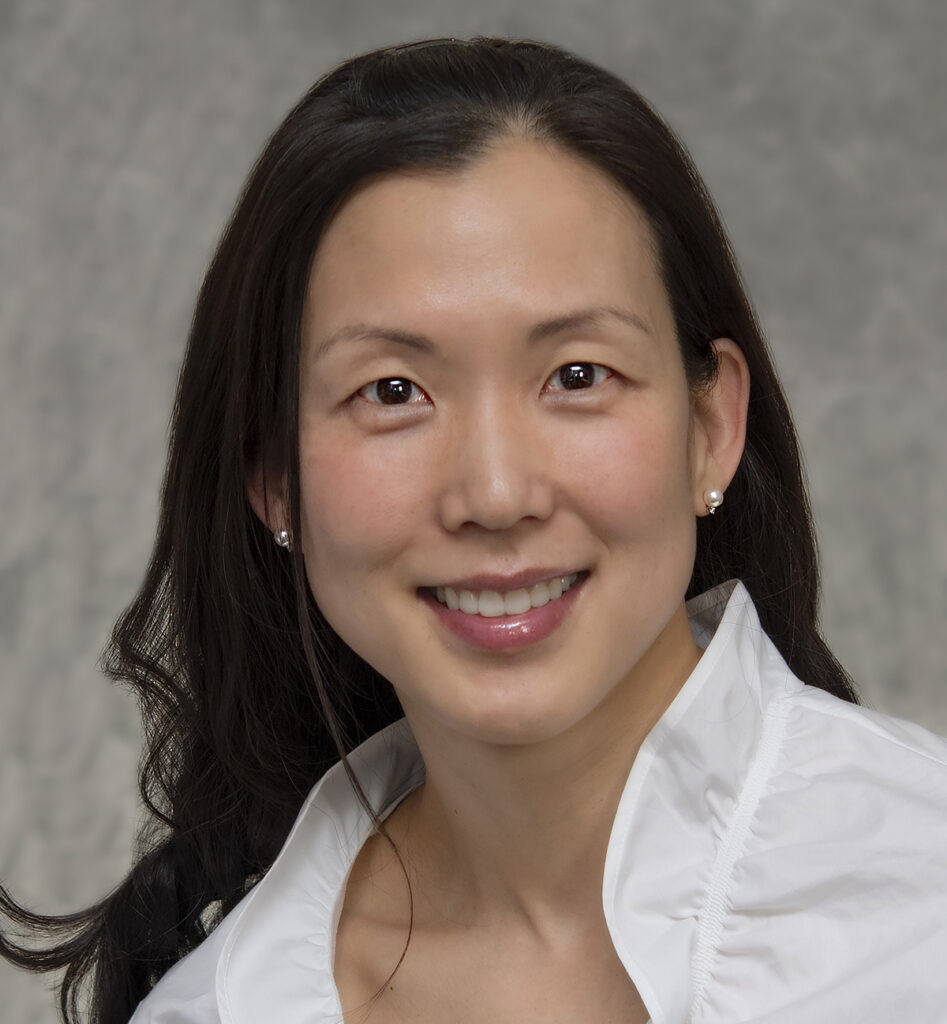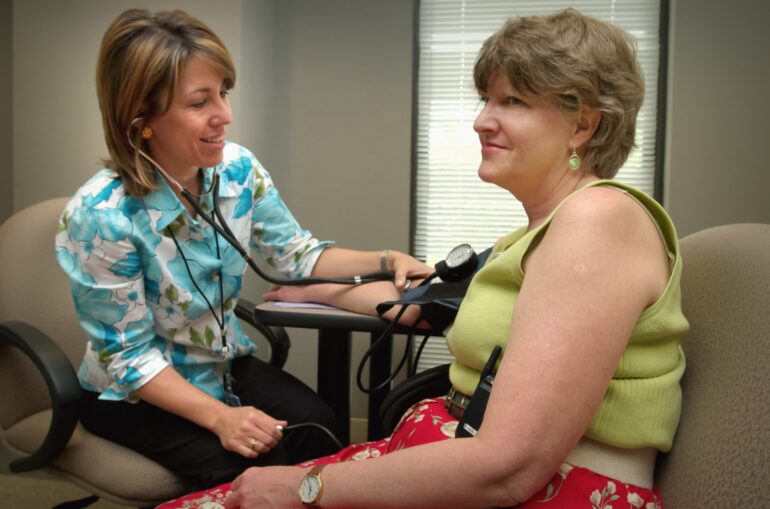As part of our “You Said It” Op-Ed series, we invite contributors to submit their opinion pieces. Have a submission? Contact us.
One in two doctors is experiencing burnout, according to a recent news article. As a practicing physician for more than 20 years, I know that burnout is dangerous because it decreases empathy and increases medical error. Medical error leads to shame, further amplifying burnout in a continuous cycle.
Strong connections safeguard against medical error, rates of which are high — too high. Some errors can be prevented by better communication between patient and doctor. Unfortunately, I have been on the other side of a communication breakdown. As a result, my son’s diagnosis of deafness was delayed for half his life. The doctor didn’t hear me, and I didn’t hear the doctor. The doctor had told me, while sitting down, that my son’s hearing was normal. I was relieved, but because there was still niggling worry, I asked her, as she was leaving, “Is there anything where you hear sometimes and not all the time?” She replied, “Oh, yes, there is auditory neuropathy, but that is so rare. And your son would need a different test. Would you want him to have general anesthesia?” To which I said, “No.” Because I knew the risks of general anesthesia include death. And I didn’t truly listen to the first part, where she gave me my son’s diagnosis — something I only fully realized almost an entire year later when he was ultimately diagnosed with auditory neuropathy.
I relied on the doctor’s initial opinion and ignored my own instincts. And, perhaps, if there had been a better partnership, the doctor would have wondered, “Why would this mother ask about fluctuating hearing?” I am a Professor at an Ivy League institution, a physician myself, and because of that you might assume that I have a voice, especially in health care, and the power to make it heard. But I didn’t use that voice, and I didn’t properly listen to the doctor.
Optimizing what each of us heard could have prevented my son’s misdiagnosis. It would have led to better medical decisions earlier in my son’s life. I wrote a book on our experience because I have made mistakes as a doctor myself, errors that I think would have been prevented by better connection between patient and doctor. But I really wrote it for patients and patient advocates. The healthcare system is still reeling from the COVID-19 pandemic. There are steps that each of us as individuals can take to get better health care. Medical error can be decreased by patients connecting with doctors.
Patient-doctor connection and communication becomes a salve for burnout. I know this because connecting with my patients has renewed me throughout the COVID-19 pandemic. It has been the relationships with my patients that have kept me working. My colleagues also tell me that they keep going for the sake of their patients. Truly caring for patients staves off the emotional depersonalization that is part and parcel of burnout. Doctors benefit from deep human interaction, just as much as patients do.
Patient-doctor connection is not just created by the doctor. Patients have a huge impact on how a health care visit goes. The patient-doctor interaction is like any other relationship in that both individuals influence the other. Your smile will usually result in reciprocation. Your mood, in general, will affect the other. Your body language will influence the course of a health care visit. Most importantly, patients are the expert in their own lived experience, and the doctor can make better decisions by partnering with the patient. Patient-doctor connection is not window dressing or “yet another task” to put on ill patients or already taxed physicians struggling with burnout. Bringing true care back into healthcare encounters is a welcome balm for the system problem of burnout. Learning to connect better is something that can be incorporated into daily tasks and does not have to take any extra time. One easy tip: Make eye contact — the way to make this habit is to notice eye color. Ask yourself, “What color was that person’s eyes?”
More from Better:
- Award-Winning ‘No Ordinary Campaign’ Documentary Follows One Couple’s Crusade Against ALS — A Q&A With the Filmmakers
- National Philanthropy Day 2022: Better’s Most Impactful Stories This Year
- 13 Most Powerful Philanthropists and Nonprofit Leaders Driving Change in Chicago and Beyond in 2022

Christine J. Ko, MD is the author of How to Improve Doctor-Patient Connection and works as a dermatologist and dermatopathologist at Yale University. Her book was inspired by her experience of healthcare from the perspective of a mother and reflects her passion to create a more effective healthcare experience.

